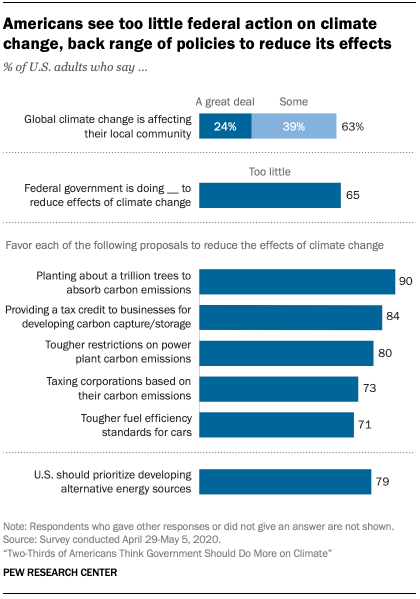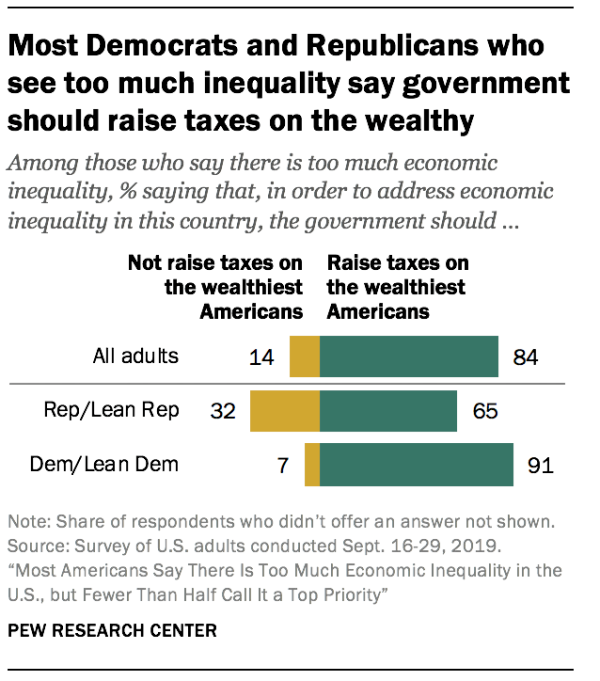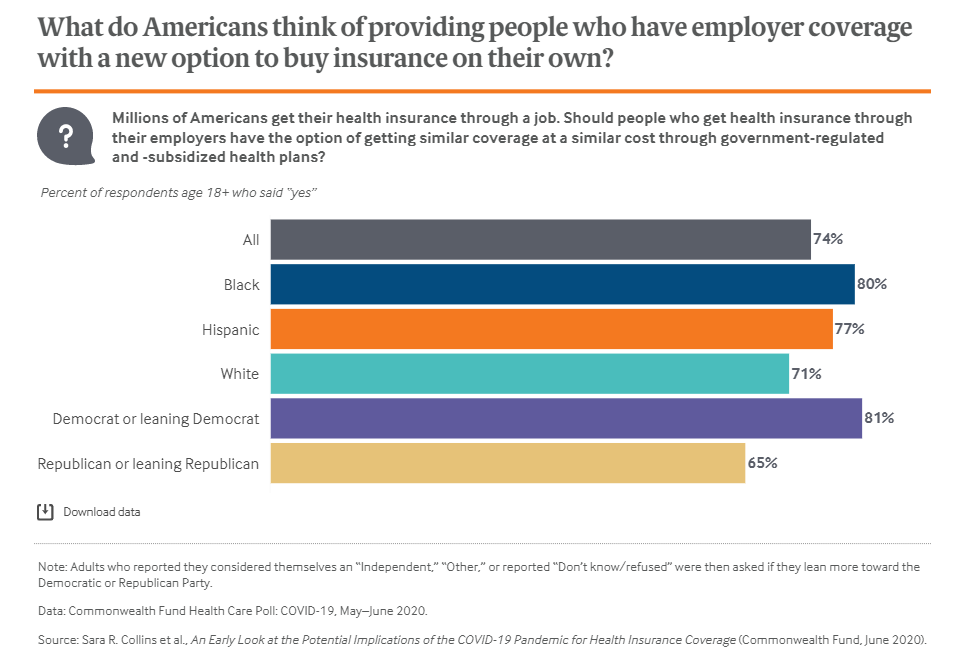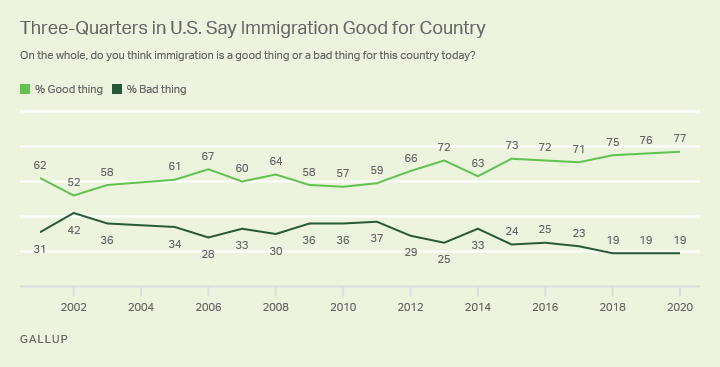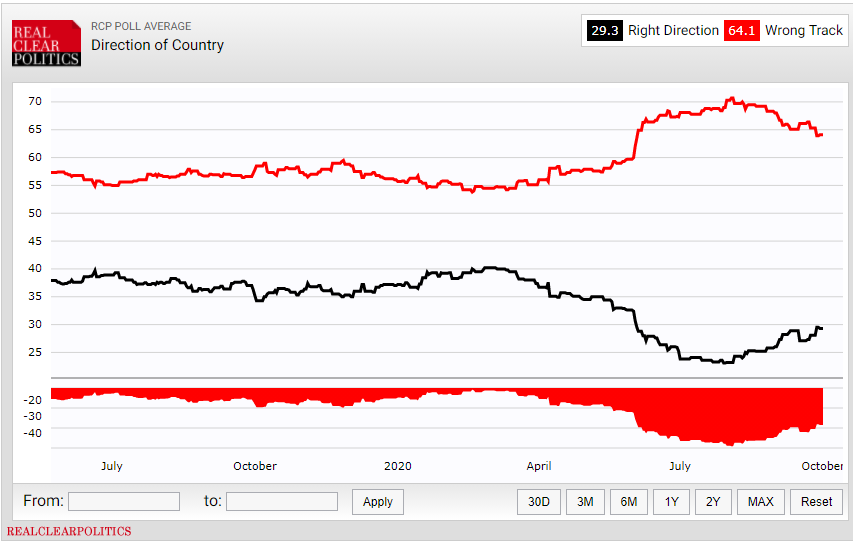If you care about issues like taking care of the environment and of each other, you are not alone. It is critical that you vote in the November General Election!
Contrary to the way it often seems in the polarized environment we live in, the majority of Americans–regardless of political party affiliation–agree on climate change, the environment, social/income inequality, health care, and immigration. These are not partisan issues. These are issues that matter to our daily lives, our travel hopes and dreams, and our health and well-being.
The essence of democracy is majority rule. If you care about these issues that a majority of Americans – Republicans, Democrats and Independents – agree on, then prepare now to vote in the General Election on or before Tuesday, November 3rd, according to your state’s voting rules and guidelines. Please visit Vote.org for all the details on voting.
Finding common ground
Sometimes it’s hard to talk to someone with completely different views on issues. However, there are many areas where the majority of Americans AGREE. Start conversations. Listen. Fact check and share data. Be kind, yet firm in standing up for the issues that matter to you, to humanity, and to the peaceful exchange of ideas.
Climate Change and the Environment:
In a new survey conducted in August by Resources for the Future and Stanford University, over 80% of American adults believe that the climate has warmed over the past 100 years, and that human activity is responsible. Of those surveyed, 76% believe that global temperatures will continue to rise over the next 100 years.
In a Pew Research Center survey taken in May 2020, 65 percent of Americans agree that the U.S. Government should be doing more to reduce the effects of climate change on our environment.
80% of Americans agree there should be tougher restrictions on power plant carbon emissions, and 84% agree there should be incentives for developing carbon capture and storage technology and renewable energy sources. 71% of Americans agree that automobile fuel efficiency standards should be tougher.
Such overwhelming agreement on climate change and the environment transcends partisan politics and political party affiliation.
Social/Economic Inequality:
In 2019 the World Bank ranked the U.S. as having one of the highest inequalities of wealth distribution in the world.
According to a study conducted by the University of California – Berkeley, in 2018, the average effective tax rate paid by the richest 400 families in the U.S. was 23 percent, a full percentage point lower than the 24.2 percent rate paid by the bottom half of American households.
In 1980, by contrast, the 400 richest families had an effective tax rate of 47 percent. In 1960, it was as high as 56 percent. The effective tax rate paid by the bottom 50 percent, by contrast, has changed little over time.
A Pew Research Center study published in January found that 61% of Americans agree that social and economic inequality in the U.S. is a major problem. And according to a Monmouth University poll published in early July, more than 65 percent of Americans say racial and ethnic discrimination, a cause of social and economic inequality, is a big problem in the U.S.
Among those who agree that social/economic inequality is a problem, there is broad nonpartisan support for a solution. 84% of Americans who believe economic inequality is a problem agree that part of the solution should be to raise taxes on the wealthiest Americans.
Americans’ overwhelming agreement on a solution to social and economic inequality transcends partisan politics and political party affiliation.
Health Care:
Closely aligned with social/economic equality is the issue of health care. Social/economic equality cannot be realized unless all people have access to health care coverage that is affordable to them. Affordable health care coverage does not mean free health care coverage. Many Americans are pleased with their current health care coverage. It may also be necessary to provide essential health care for the poorest and most vulnerable among us.
According to a Commonwealth Fund Healthcare poll conducted in June, three months into the COVID-19 pandemic, 74% of Americans – 81% of Democrats/leaning Democrat and 65% of Republicans/leaning Republican – agree that all Americans should have the option of securing health insurance coverage through government-regulated and subsidized health plans.
Only 4% of Americans believe in no Government involvement of any kind in assuring all Americans, including the elderly and the poor, have health care coverage.
Americans broadly agree on a fundamental belief that the Government has a responsibility to assure that all Americans have access to health care coverage.
Such overwhelming agreement on the government’s responsibility in assuring that all Americans have access to health care coverage transcends partisan politics and political party affiliation.
Immigration:
Although the majority of Americans support a temporary ban on immigration to slow the spread of the COVID-19 coronavirus, the majority of Americans – 77% – agree that immigration is good for the country. Only 19% believe that immigration is bad for the country.
Americans’ consensus on immigration policy transcends partisan politics and political party affiliation.
Americans’ perception of the direction of our country:
According to six different polls compiled by RealClearPolitics on August 25, only 26% of Americans agree that the country is headed in the right direction.
68% of Americans believe the country is on the wrong track. Lack of government action that aligns with majority positions on the issues can be considered a major cause.
What can WE do about it?
At Greenheart, these issues – the environment, immigration, and social and income equality – are intrinsic to our mission, vision, and programs as catalysts for improving the lives of people everywhere.
If you are passionate about one or more of the issues that most Americans agree on, PLEASE VOTE!
With over 80 million eligible voters, the 18-34 year-old age bracket is the largest voting block going into the November General Election. You can decide the future direction of our country for you, your children, and your children’s children. You have the power!
Vote for candidates who share your world-view and who will enact legislation that represents the beliefs and views of a majority of Americans.
Voting can be less complicated than you might think! If you or someone you know needs to register to vote or confirm your registration, or request an absentee or mail-in ballot, https://www.vote.org/ is easy to navigate and has all those tools for every state. The site also has a state-by-state local resource list with the state websites and forms for each step.
Because of the COVID-19 pandemic, it is anticipated that a record number of Americans will vote by mail. If you are one of them, be sure to follow the instructions for your state’s ballot carefully and sign your ballot if required. Most importantly, be sure to mail your ballot in before Election Day if possible, to assure that it will be counted.
Share this information with your relatives, friends and associates, and encourage them to vote as early as possible. Make a plan to go vote. Make it an event! Go with a friend. Just please vote.
You can make change happen if you vote! You cannot make change happen if you do not vote!
Voting is the most important thing you can do to make sure your voice is heard, and to assure the fundamental democratic principal of majority rule drives the U.S. legislative agenda.
Greenheart International Board of Directors and Leadership Team

